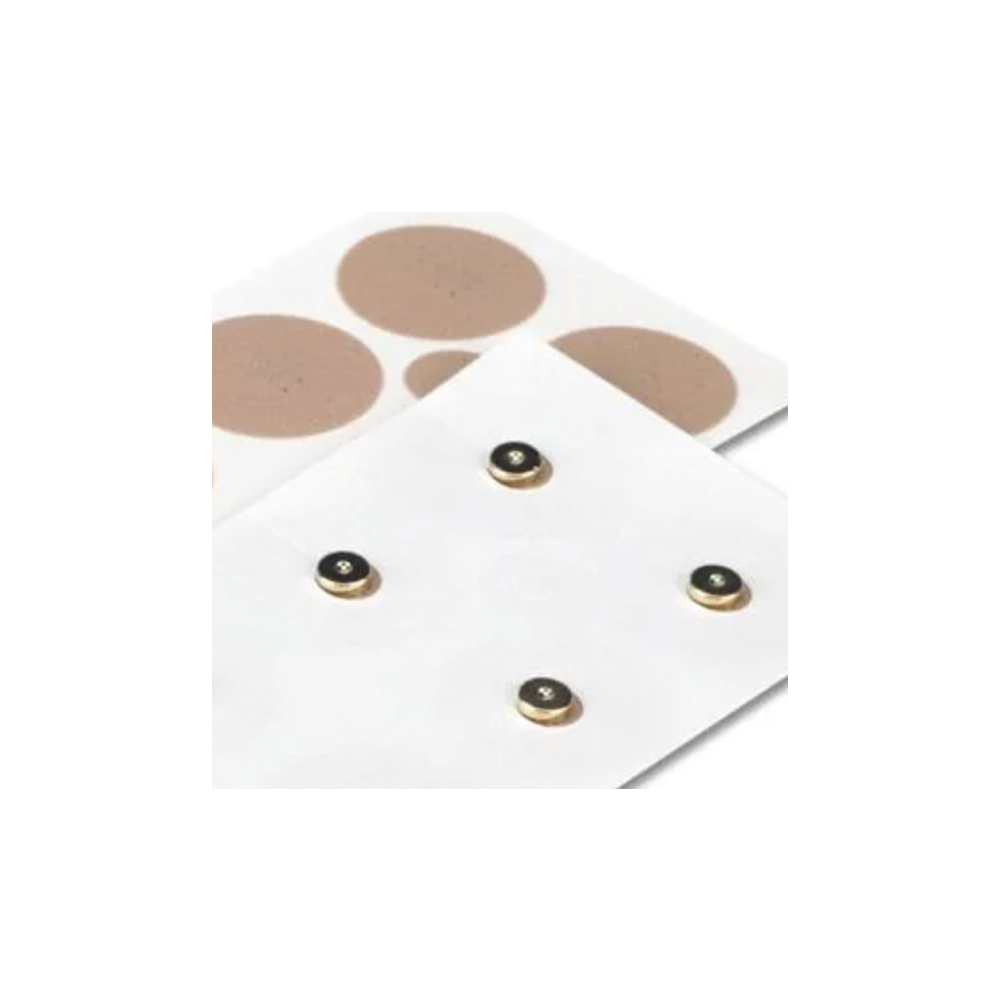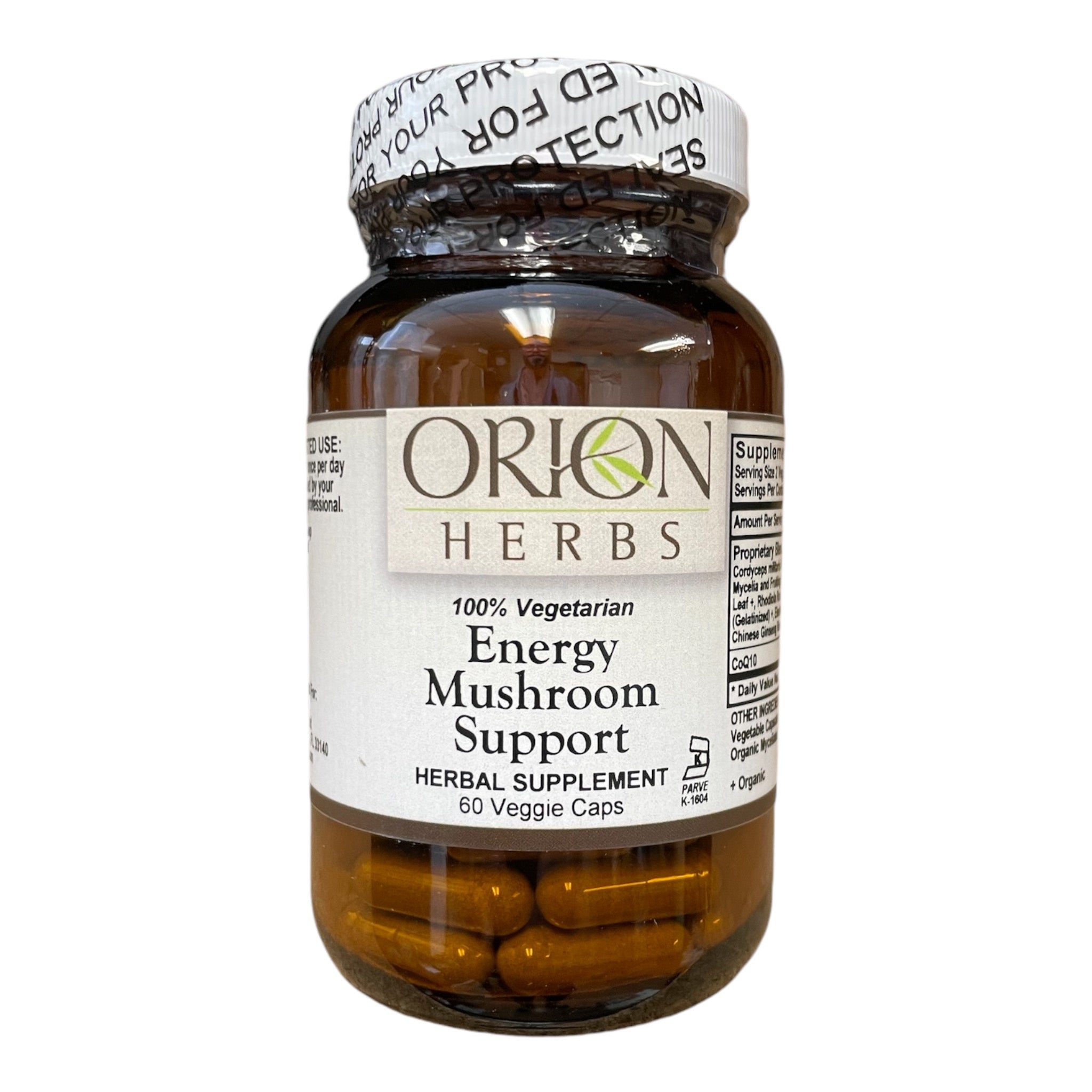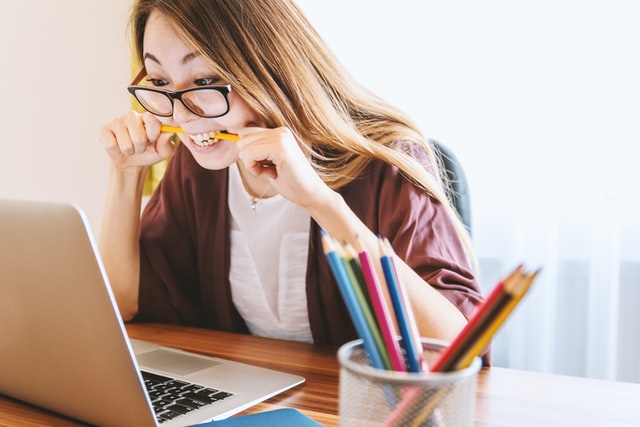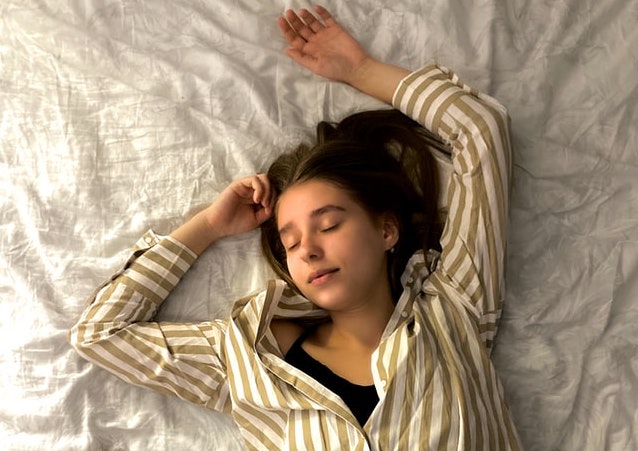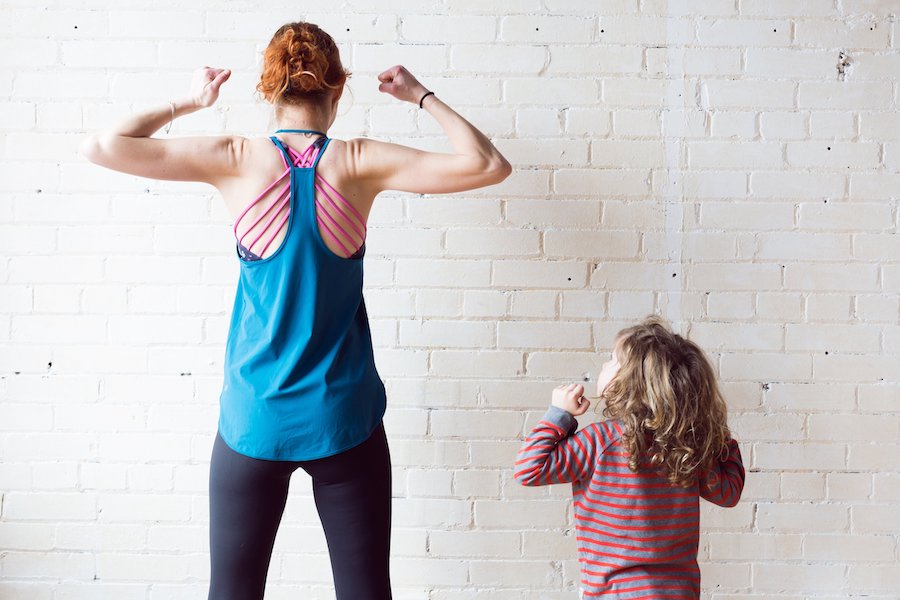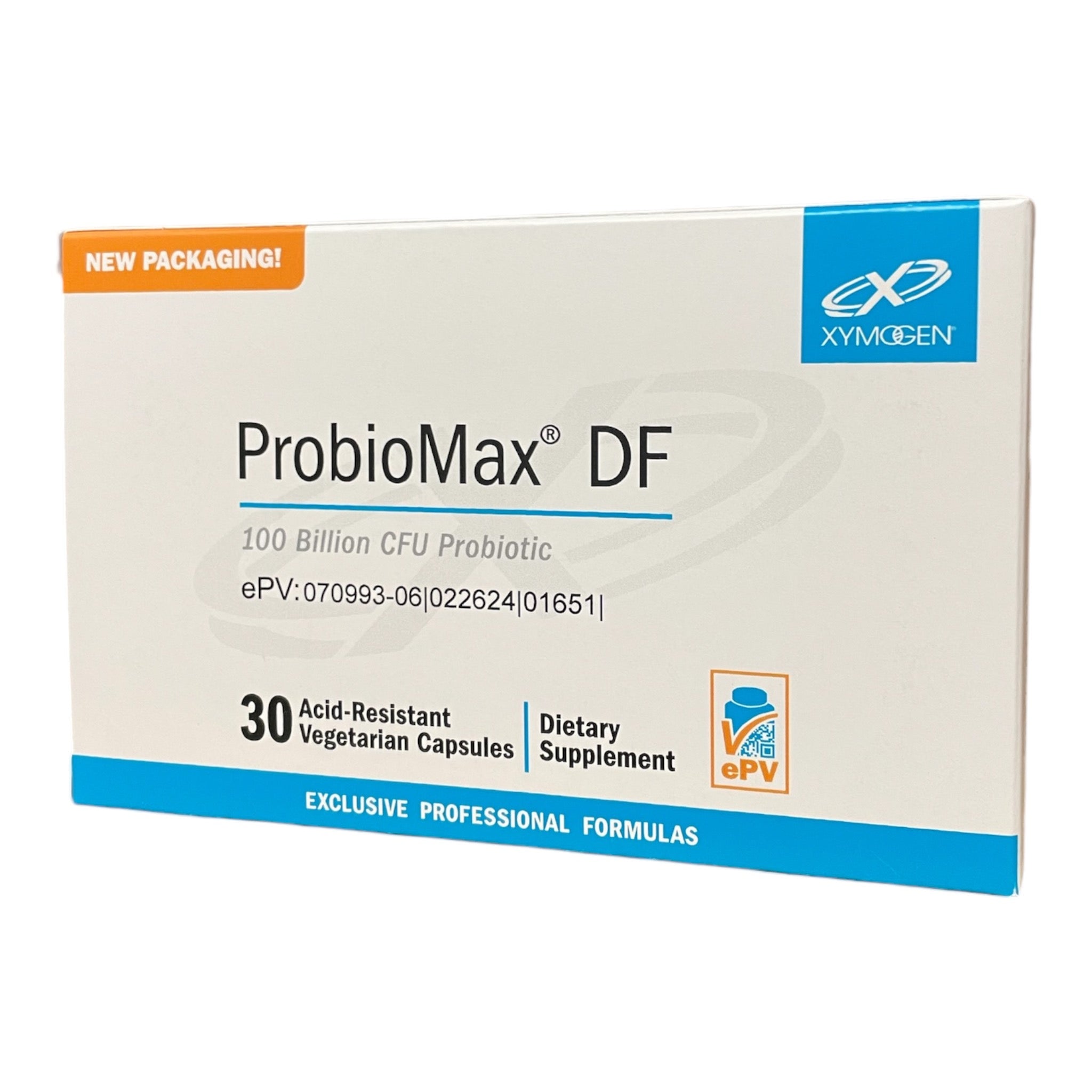
Aromatherapy is a time-honored medicinal practice, common in cultures as diverse as India, China, and Egypt. In India, the traditional system of Ayurveda focused on aromatherapy as a key to balancing the “doshas,” which are essentially three properties present in all living systems at all times, though in different proportions. When the proportions are not right for one’s body type, one is said to be out of balance and Ayurveda prescribes practices to restore balance. One of these is aromatherapy.
In recent times, science has found that there is considerable merit to these traditional understandings. Aromatherapy benefits are numerous. For example, citrus enlivens and energizes, while lavender soothes and is restful. Therefore, citrus scents are helpful to concentration and alertness while studying or working, while lavender is ideal for meditation and sleep.
What are essential oils?
Essential oils are purified extracts: the essence of the plant, containing the volatile aromatic compounds and, in most cases, the main medicinal properties as well. They tend to be intensely fragrant, with even a few drops being sufficient for most purposes when mixed with base oils such as sesame and others. They are usually derived via steam distillation.
A superior essential oil will have several distinct qualities: it is usually intensely fragrant, is 100% natural or organic, has a long shelf life and, because these oils are themselves natural preservatives being intensely rich in antioxidants, has no need for preservatives. Quality oils will be pure fluid with no particulate matter, and display a single color.
Essential Oils Uses
Many essential oils have wonderful medicinal values, but these typically must be used in dilute form to avoid causing irritation. Some essential oils are not suitable for human consumption.
Essential oils uses have been passed down to us from ancient times in areas as diverse as medicine, sanitation, mood regulation, crop cultivation and others. Here are five good uses:
[Paint]
1. Consider mixing essential oils into standard house paint when painting an entire room, or mixing essential oils into stencil paint when adding a painted accent to a room. For a bedroom, choose soothing lavender oil to help with restful sleep or clary sage to help reduce the stresses and anxieties of the day. For a kitchen, eucalyptus oil will help counteract odors. For a play room or family room, peppermint oil will be invigorating. Although the scent will fade in time, the energetic resonance will always be there.
2. For repelling garden pests, add a few drops of tea tree oil to the water fed to the plants. Since it will not naturally mix, whisk vigorously before feeding or use a high speed blender. You can also spray the mix directly onto leaves to discourage most pests. Tea tree essential oil is also a superb antibacterial and antifungal, and unlike some oils can be applied directly to skin for most people and pets. (Test on a small area first.)
3. Another excellent use of essential oils is to place the oil in a diffuser. Peppermint oil will create an uplifting, warm, attention-stimulating effect. Eucalyptus soothes emotional irritations, and is also wonderful when placed in the water supply to a steam room for neutralizing “locker room odor” and other unpleasant scents. The calming nature of clary sage has been found to relieve symptoms of asthma. (Caution: use it to prevent attacks, not to treat them. Effectiveness will vary.)
4. Here is one of our favorite essential oil recipes for a good, inexpensive household cleaner:
1 cup water
1 tablespoon vinegar (preferably white)
1/4 tsp. baking soda
3 drops lavender oil (many other essential oils, particularly pungent ones, will suffice)
1/4 tsp. natural, liquid dish soap
Mix the ingredients slowly and they will fizz while mixing. This makes an excellent, all-purpose topical cleaner that leaves no toxic residue or fumes. It is safe for all surfaces and disinfects on contact.
5. For a delightful alternative to conventional massage, consider an aromatherapy massage. While conventional massage will often be performed with an aromatherapy diffuser releasing a relaxing essential oil such as lavender into the room, aromatherapy massage actually mixes the essential oil into the massage oil and applies it to the skin.
For a powerful antibacterial remedy, mix a few drops of grapefruit seed oil into a neutral food oil such as soybean. This can be applied topically or swallowed as needed.
Essential oils can also be used as perfumes for people who are allergic to standard perfume products. A drop of essential oil mixed with a non-fragrant carrier oil such as jojoba will make a lovely, long-lasting perfume.
While essential oils are generally safe, it is especially important when using them for skin contact or for dietary consumption to dilute them, as they can irritate tissues. Use only a few drops—10 drops of lavender oil to a quart of heated sesame oil will make for a nice massage emollient.

